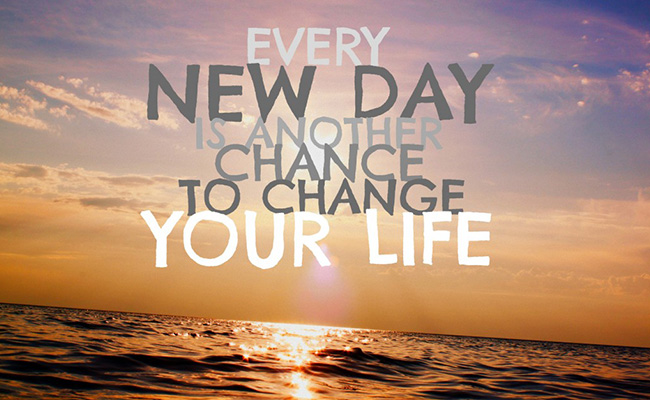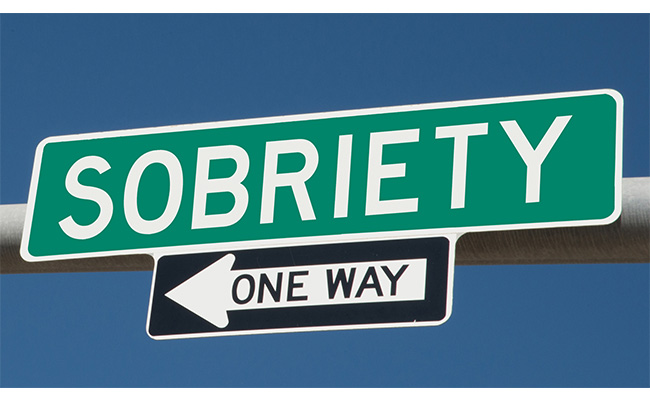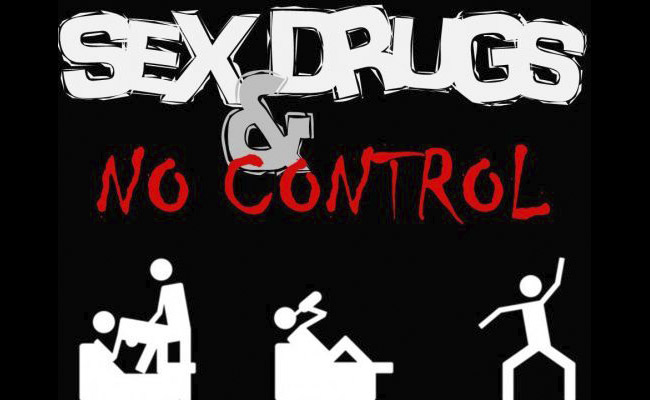Managing Your Triggers in Recovery – Recovery can be a challenge. Whether in the beginning stages or years into your long term recovery you are likely to have certain triggers. Triggers are the people, places, and tings that can tempt you into using again. As recovery is a life long process that takes commitment these triggers can pop up at any time and must be dealt with as they come. If you are aware that this will occur then you can also be prepared to handle a trigger when it does arise. Listed and explained are a few tips to help you when those triggers do crop up in life.
Though everyone is different in what becomes a trigger, these triggers still need to be identified in order to know what people, places, and things could be potential problems. This is not meant to be a source of fear for the individual, but a way to put a plan in place before a triggering event occurs. Once the triggers are identified and documented if needed than a real plan can be created. When the plan to avoid or handle a given situation is in place than it should be practiced. Do not wait until faced with a trigger before practicing the plan. Practice with a friend, therapist, or even in a mirror to be fully prepared.
Now that you know what you are working with do not get over confident. You are not an exception to the rule. Triggers will occur and recovery is tough. Everyone has triggers and cravings that must be addressed in some manner. This is where planning and practice come into play. Do not test your strength or try to be a ‘hero’ by trying to prove you can handle a trigger. This simply means that you should not purposely come into contact with a trigger just to test your plan.
Finally, take care of yourself. Physical and mental health go hand in hand. Both aspects are highly important to recovery. If your mind and body are not healthy then recovery has a higher chance of failure or relapse. If a relapse does occur do not give up, simply start over and try again. However, while you are in recovery make sure to eat well and get plenty of rest so you are prepared for the challenges of daily life. Taking care of yourself has to become a priority for success.
In time you will be more confident in your own judgment in both dealing with triggers and in other areas of your life, but it will take time. Until you are further into recovery, with years under your belt, you can only be prepared and well practiced in your responses to the challenge that is recovery from addiction.
Managing Your Triggers in Recovery – If you have chosen recovery or are considering it you must be prepared. Do not let the hard work that is part of recovery be a deterrent to making the choice to battle your addiction. The road may be tough and filled with bumps, but the outcome will be well worth it in the long run. You have already made the first step by learning more, do not give up now.
CLICK HERE to get a Free Confidential Addiction Rehabilitation Assessment.














